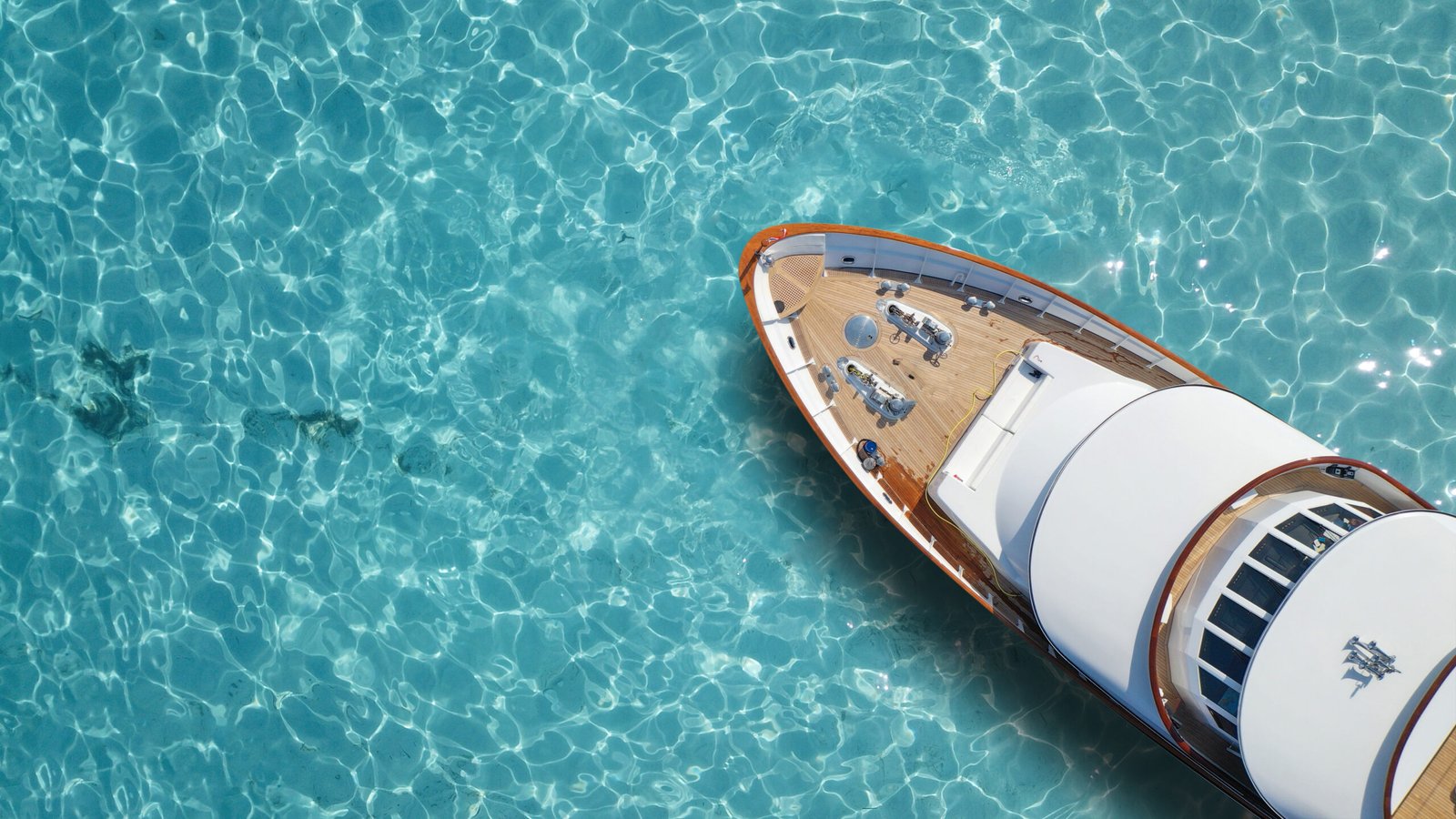NASSAU, BAHAMAS — The Davis administration has eliminated custom duties on pleasure vessels, although the change was not reflected in the recent budget exercise.
Free National Movement Chairman Dr Duane Sands criticized this yesterday as hypocritical, suspicious, and a slap in the face to the poor.
A top marine store operator, however, said the change will benefit the boating industry.
In a letter obtained by Eyewitness News, dated June 23rd, 2022, Financial Secretary Simon Wilson told Bahamas Department of Customs officials that the removal of the 10 percent duty rate on pleasure vessels was unintentionally left off the budget sheet but should be recognised and implemented by them.
Wilson said: “I am directed to advise that as a result of the change to the rate of duty on pleasure vessels inadvertently being omitted from the budget measure sheet the Customs Department is now instructed to treat the following tariff heading as duty free until the subsequent amendment to the tariff Act is done during the next budget exercise.
“As pleasure vessels that currently attract a ten percent rate of duty in Chapter 89 of the tariff Act under the tariff heading 8903is now approved for a duty free rate of duty. The change is effective immediately.”
Michael Halkitis, Minister of Economic Affairs, said the elimination of duty on pleasure vessels may attract people to register their boats in The Bahamas.
“We are aiming to get more people to register their boats in The Bahamas. Right now we import very few boats because people prefer to register them in Florida and get a crushing permit as opposed to paying the duty,” Halkitis said.
“We are eliminating the duty but the 10 percent VAT will still be payable.”
Ian Rademaker, president of Harbourside Marine, applauded the change.
“Personally, I think it’s a good thing,” he said.
“If you look where people register their boats around the world, not many people pay 20 percent, 10 percent duty, 10 percent VAT. That’s a lot of money for boats that move around. So I think that by removing the duty and just charging the VAT, it will be produce more income for the country.
“People that are boats that cost $500k now or up to $2m so if you’re talking 20 percent on that, it’s a lot of money. So what people have been doing is they’ve been bringing in their boats on cruising permits and not paying anything. So with the removal of the duty I think most of these people would pay 10 percent VAT and have their boats registered in The Bahamas.”
“In the long run, the government would make a lot more money because there are people bringing boats, $3m to $4m, they’re not gonna pay 20 percent but they may pay ten percent versus seven percent sales tax in Florida.”
Sands, however, found fault in the tax shift and the government’s decision to wait until next year to formalise the change rather than move sooner.
“I find it difficult to believe that this was an incidental omission,” Sands said.
“The government speaks about a need for scrapping every penny of revenue and they have gone to great pains to put an onerous tax burden on the backs of poor people.
“We would’ve made impassioned, sincere pleas to give people a break and they refuse to do so saying they can’t do it. They have the option today to limit the amount of tax revenue on wholesale and retail prices of gasoline. They refuse to do it because as the price of gas goes up, the taxes goes up, but the government refuses to give poor Bahamians a break.”
Sands continued: “So here you have a situation now where nobody can say that pleasure craft are essential, absolutely necessary. Don’t forget the discussion about airplane crafts when it was an issue with Peter Turnquest or washing machine parts when it was an issue with D’Aguilar.
“So which person or persons will this benefit and why do you now say that you are going to wait for twelve months before you rectify this incidental omission? I smell a rat and I think any right thinking PLP representative, particularly for the inner city, ought to call them out and make them fix this problem immediately because they are clearly pandering to the rich, to the well-heeled and I don’t believe it was an incidental omission.”
Kwasi Thompson, meanwhile, said in a statement that Wilson’s memo raises questions about the legality of waiting to change the law.
Thomson said: “What exactly is the legal authority for the Ministry of Finance to adjust these tariffs outside of he parliamentary process? It is our understanding that only through parliament can tariffs be changed. As such, are the instructions in the memorandum lawful instructions? Why is this being done in secret?”


















